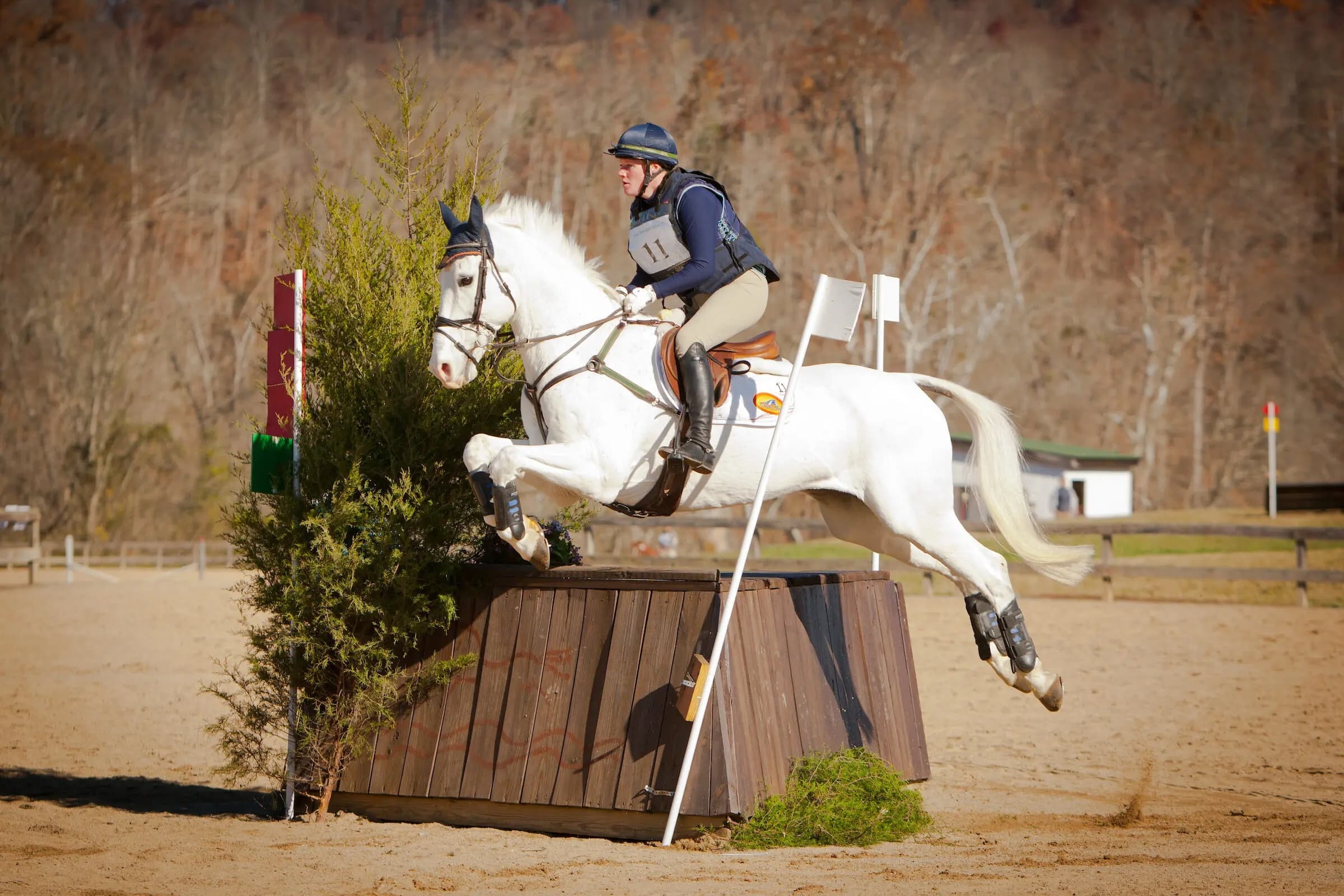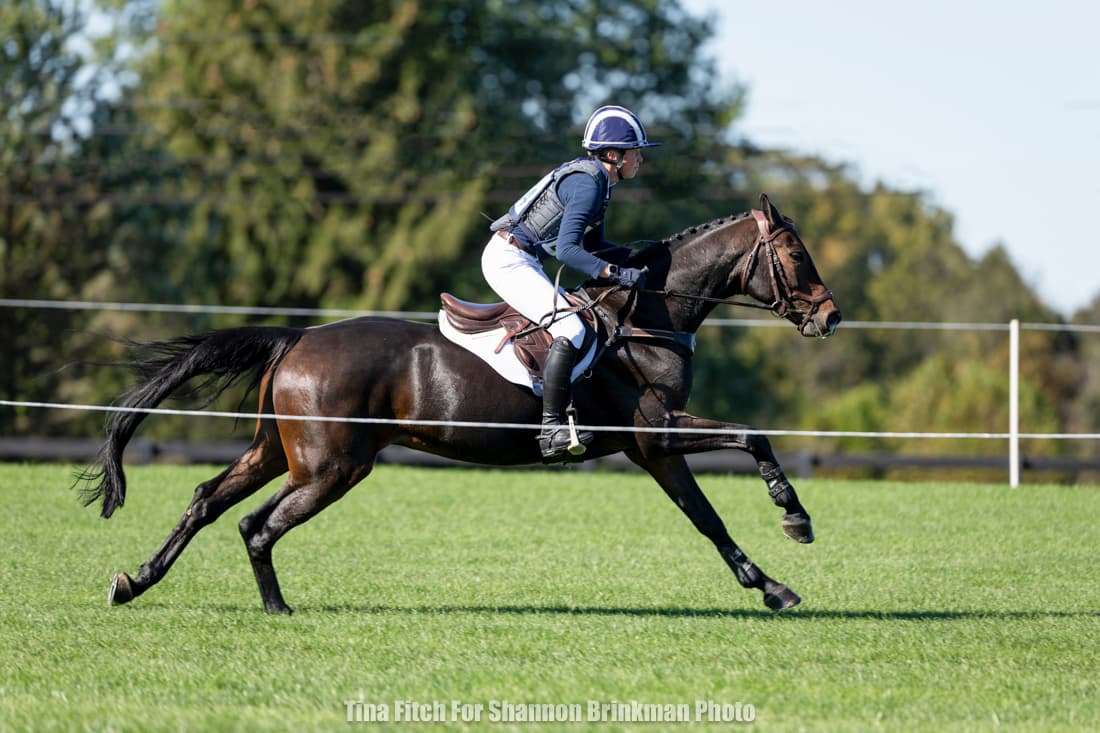EHM Confirmed in a Virginia Horse
Dr. Richard Wilkes, State Veterinarian with the Virginia Department of Agriculture and Consumer Services (VDACS), announced that a horse in Virginia has been confirmed positive for Equine Herpesvirus Myeloencephalopathy (EHM), a neurological disease of horses caused by Equine Herpesvirus-1 (EHV-1). The affected horse is from Northern Virginia and was euthanized late on April 11, 2014. Diagnostic samples were submitted to the VDACS Regional Animal Health Laboratory System by a private practice veterinarian because the horse had experienced a fever for three days and began to have neurological signs compatible with EHM.
VDACS officials advise that strict biosecurity is the most effective way to minimize the risk of spreading the virus. Field veterinarians have started the epidemiological investigation that will be necessary to assess the risk that the disease may be present in other horses or farms. The potential for EHV-1 to cause Equine Herpesvirus Myeloencephalopathy is influenced by a number of factors and case reports vary from involving a single horse to very large numbers of cases. VDACS will monitor the situation continuously and urges all horse owners in Virginia to minimize nonessential contact with other horses and to enhance their biosecurity practices on and off of the farm to prevent the spread of this and other infectious diseases. Horse owners should consult their veterinarians about specific ways to minimize the risk of EHV-1 infection on their farms.
April 12 Update: Initial epidemiological investigation results indicate that four horses exposed to the infected horse left the farm in the last 28 days. All four of these horses were shipped out-of-state, and the State Veterinarians in those states receiving these horses have been notified. There are no new cases on the affected farm, and VDACS has not identified any contact of exposed horses with any other horses off the affected farm in Virginia.
They urge all horse owners in Virginia to minimize nonessential contact with other horses and to enhance their biosecurity practices on and off of the farm.
April 13 Update: All horses on the index farm are being monitored and all are clinically normal; no fevers or neurological signs exhibited in these exposed horses. We have not identified any exposed Virginia horses outside of the quarantined index farm. State Veterinarians in states receiving horses from the index farm have been notified.
April 14 Update: Dr. Richard Wilkes has confirmed that the VDACS Office of Veterinary Services has completed the initial investigation of the EHM case. VDACS field veterinarians have reported that horses from the farm did not have contact with other horses in the state. “EHM is a highly contagious disease,” Wilkes said, “but we did not find any additional horses displaying fevers or clinical signs of the disease on the farm over the weekend. The disease can appear in horses that have not been exposed to horses showing disease signs, however, so we are still monitoring the situation carefully and advise horse owners to continue to practice strict biosecurity.”














